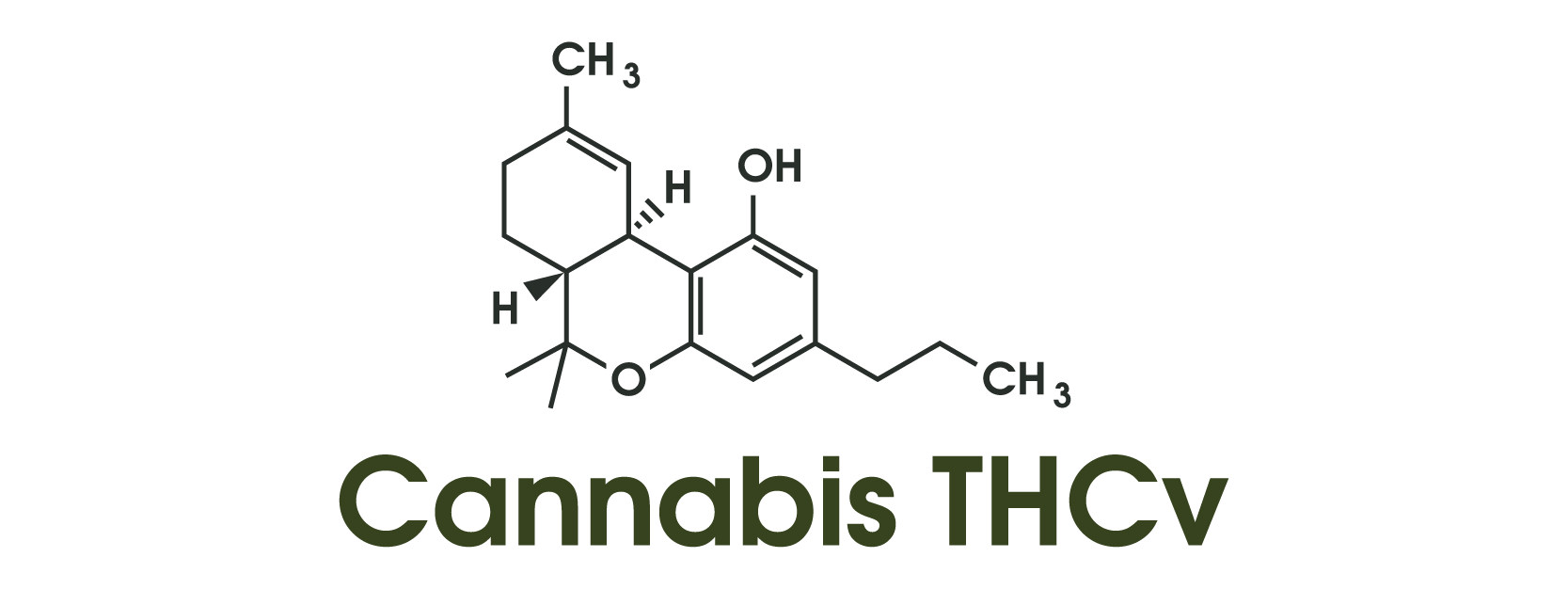The cannabis plant contains more than 100 cannabinoids, each with its own properties and potential benefits. Among them, tetrahydrocannabivarin (THCV) has gained attention for its distinctive effects, including appetite modulation, focus enhancement, and possible metabolic support. When exploring THCV, a key question arises: is it most effective when consumed as part of a full-spectrum extract or as an isolated cannabinoid?
Full-Spectrum Cannabinoids: The Entourage Effect at Work
Full-spectrum products contain the complete profile of cannabinoids, terpenes, and flavonoids naturally present in cannabis. This approach is grounded in the “entourage effect,” a theory suggesting that cannabinoids and terpenes work synergistically to enhance therapeutic outcomes.
For THCV, being part of a full-spectrum formulation may amplify its unique properties. For example, pairing THCV with CBD could help balance its stimulating effects, while terpenes like limonene or pinene may further promote energy and focus. Patients seeking broad wellness benefits often lean toward full-spectrum options because they provide a more holistic experience that mirrors the plant’s natural complexity.
However, one challenge is that THCV naturally occurs in small amounts. In a full-spectrum product, its concentration may be too low to deliver noticeable effects unless the strain has been specifically bred for higher THCV content.
Isolated Cannabinoids: Precision and Purity
Isolates, on the other hand, contain only one cannabinoid in its purest form. A THCV isolate provides precise dosing and removes the influence of other compounds. This can be valuable in research or for consumers who want to experience THCV’s effects without interference from THC, CBD, or terpenes.
The advantage of isolates lies in their clarity of effect. For example, if someone wants to test THCV specifically for appetite suppression, an isolate ensures that results aren’t blurred by other cannabinoids. This purity makes isolates especially attractive in scientific studies and for individuals managing conditions that require targeted cannabinoid support.
That said, isolates lack the entourage effect, which some users believe enhances both the potency and therapeutic range of cannabinoids. Without complementary compounds, isolates may feel “flat” or less effective compared to full-spectrum formulations.
Where THCV Fits Best
For many consumers, THCV may shine brightest in hybrid approaches—broad-spectrum or carefully crafted full-spectrum products where its concentration is elevated. These allow the entourage effect to play a role while ensuring THCV levels are sufficient to deliver its distinctive qualities.
That said, isolates remain important. They are indispensable in research and may appeal to users with specific wellness goals, such as those seeking appetite control without THC’s intoxicating influence. Advances in breeding and extraction are also making it easier to find products that highlight THCV in both isolated and full-spectrum formats.
The Takeaway
Ultimately, whether THCV fits best in full-spectrum or isolated form depends on the consumer’s intent. Those interested in a holistic, plant-like experience may prefer full-spectrum products, while those who want precision and targeted effects may find isolates more suitable. As the cannabis industry continues to evolve, expect to see THCV featured more prominently in both categories, offering flexibility for consumers and fueling new research into this rare but promising cannabinoid.

